Why I fell in love with the Enneagram
I first learned of the Enneagram in 2006. My boss at the time kept talking in numbers and I felt incredibly curious if not left out of some grand, who’s who party. She was convinced I was a two. What does that even mean? What’s a two? And why not a seven? Even numbers are boring.
Whereas I had deep respect and trust for this woman, deep down, I simply couldn’t stomach the idea that I could be reduced to a number. This felt far too pedestrian, or boxy for the likes of me. I didn’t know it then, but I soon learned, this was the first clue I was not in fact a two, but a four, the Romantic.
I left work that day and ordered the only book I knew on the subject. The Enneagram: A Christian Perspective, by Richard Rohr and Andreas Ebert. I devoured that book like a marathon runner carb-loading before race day. Throughout the next several years, it became something of a Bible and an oxygen tank for me.
I won’t lie. For the first couple of years, I was “that girl” who’d try and type you in the Starbucks line. I’m pretty sure my friends and family were ready to issue a restraining order if I mentioned those damn numbers one more time. For this dogmatic behavior, I do apologize.
Here’s the thing though. We are all zealots in love during the honeymoon phase. All we want to do is talk about this flawless person (or system in my case) that can do no wrong and smells amazing. However, I believe true love far outlasts the honeymoon phase, deepening and morphing into what comes to feel like home.
Fast forward nearly two decades. I’m still in love with the Enneagram. As a wife, mom, psychotherapist, writer, teacher, and host, I can honestly say it’s the baseline I come back to for grounding and consistent insight amidst a world spinning on its head. It reminds me who I really am before I put on all those other hats. It continuously, graciously, calls me home to the truth of who I am.
The Enneagram is transformational, if we put it to good use. When I first discovered it, I had been battling intense depression, anxiety, and insomnia for years. I’d always sensed I was the odd man out who showed up underdressed and a day late to the Met Gala or something.
Shame was the pervasive emotion lighting the landscape of my experience as was an intense longing for a sense of completion—of meaning—to finally make herself known. I desperately wanted to be seen and known, as do all of us. My longings took the shape of self-destructive and melancholic tendencies. So much so that if I were to become “normal” or well, I might not have any identity at all.
The first time I read about type Fours, I literally cried. They were tears of joy and relief. Perhaps the despair and deficiency I’d known all along wasn’t what was wrong with me, but what was right with me because it pointed me towards a truer, bigger story of grace and compassion. What if…I wasn’t Crazy after all? Gasp.
Understanding my Enneagram type gave me an unspoken yet familiar language with which to relate to myself with kindness and compassion after the relentless self-loathing I’d been marinating in most my life.
This didn’t happen overnight. It’s been an ongoing process I’ll proudly be on for a long time. Yet the first step felt like one off a quickly sinking ship. Perhaps the biggest relief of all was that I was not in fact, alone. My story wasn’t haphazard. There was a clear path to take that would lead me each day a bit closer to home and the love and acceptance I longed to give myself.
I’ve worked with thousands of clients in my work as a psychotherapist, and I’ve been amazed by the pervasive nature of low-self worth and acceptance. I’ve found 98% of humans have a loud and nagging inner critic that won’t let them off the hook. In fact, this relentless critic is like a highly-introverted roommate, we barely even realize she’s there. After all, it is far easier and more socially encouraged to treat others with kindness than it is to show ourselves that same level of respect.
In my observance, a big reason we don’t allow ourselves the benefit of self-compassion to begin with is because we’ve been conditioned to hide or judge certain parts of ourselves that we or someone important to us has deemed unacceptable early on. If we were to connect to and love those parts, we wouldn’t be safe. Suffice it to say, the stories we come to believe about ourselves as children helped us survive and show up in the world. Survival is serious business. And we were brilliant in our survival strategies as kids.
If you’re ready to step into the bigger picture of you and edit those old wobbly narratives, I’d love to be your guide.

